Wildlife Research
- Home
- What We Do
- Wildlife Programs
- Wildlife Research
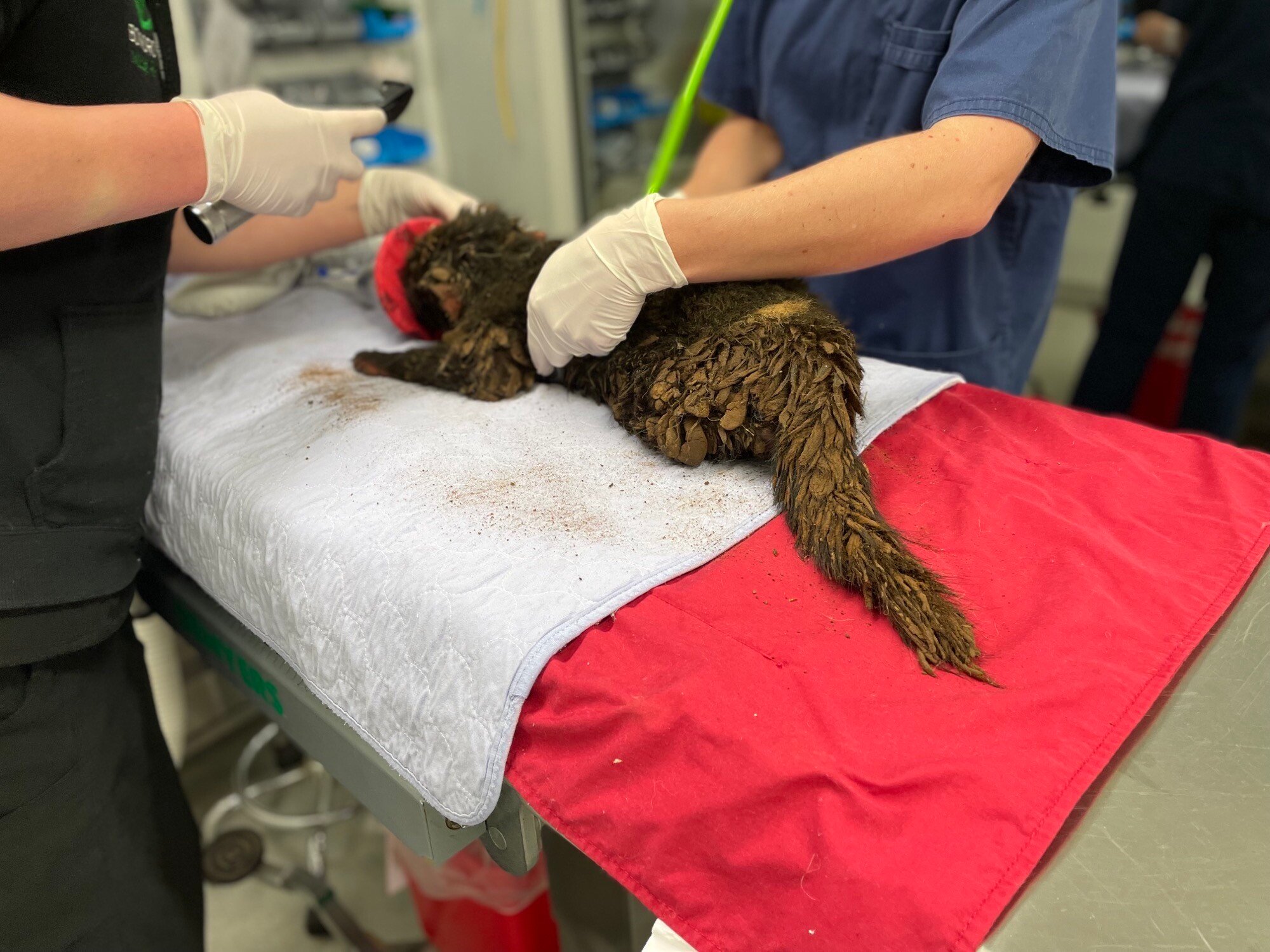
Wildlife Research
WIRES believes collaboration is essential to address the complex challenges threatening the future of Australian wildlife.
To help address these, WIRES has invested over $3 million into critical wildlife research. In addition to funding a range of major research initiatives post the Black Summer fires, WIRES ran a dedicated Research Grants Program for 3 years.
WIRES remains actively involved in wildlife research projects on an ongoing basis to improve long-term outcomes for native species, providing extensive in-kind support to rescue and rehabilitation focused research projects.
Wildlife Research
WIRES believes collaboration is essential to address the complex challenges threatening the future of Australian wildlife.
To help address these, WIRES has invested over $3 million into critical wildlife research. In addition to funding a range of major research initiatives post the Black Summer fires, WIRES ran a dedicated Research Grants Program for 3 years.
WIRES remains actively involved in wildlife research projects on an ongoing basis to improve long-term outcomes for native species, providing extensive in-kind support to rescue and rehabilitation focused research projects.
We're proud to have supported the following university initiatives:
The University of Sydney

- Koala Research by the Koala Health Hub
- Native Animals Disease Research
- Wildlife Medicine Research
- Developing a smart sensor network for post-megafire biodiversity recovery
- Assessing treatment and release outcomes for critically endangered possums burned during extreme heat events in Western Australia
Western Sydney University
![]()
- Future-proofing Turtle Populations
- The Hawkesbury-Nepean Platypus Project
- Quantifying heavy metal and anthropogenic contaminant exposure in platypus (Ornithorhynchus anatinus) populations in a World Heritage Area
Macquarie University

- Bacterial pathogens and antibiotic resistance in juvenile Grey Headed Flying-Foxes: Implications for flying fox health and in-care management
- Habitat restoration for threatened bats in critically endangered woodland
- Chytrid Fungus in Frogs
The University of New South Wales

- Reducing the risk to wildlife in the illegal pet trade
Charles Sturt University

- Assessing Pre-Release Health & Post-Release Fate of Rehabilitated Wildlife
- Confirming if plant volatiles and bedding material can attract Australian birds and mammals to nest boxes and chainsaw hollows
- Deploying artificial refuges for threatened fauna in fire-prone landscapes
The University of Newcastle
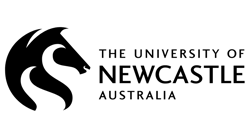
- Using thermal imaging, novel VHF/GPS tracking technology and genotyping to enhance post-release outcomes for rehabilitated koalas and support the recovery of the Port Stephens koala population
Griffith University

- Leave It School - an online dog training program to reduce wildlife attacks
The University of Wollongong

- Parasites, pathogens and population health: investigating threats to the endangered greater glider in NSW
The University of Canberra
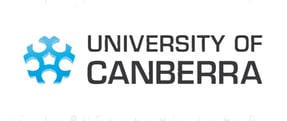
- Reducing the impact of the deadly amphibian chytrid fungus on native frogs in the wild
Queensland University of Technology
The University of the Sunshine Coast

- Understanding the prevalence and impact of other bacterial, viral and chlamydial co-infections in koalas
- Establishing vital roost characteristics to facilitate urban insectivorous bat conservation
The University of Queensland

- Reducing tick paralysis mortalities in the endangered spectacled flying-fox
- Habitat restoration methods to conserve hollow-dependent threatened mammals and birds
The University of Adelaide

- Flying-fox Research
- Gastrointestinal microbiome changes with the onset and progression of the disease Oxalate Nephrosis in koalas
Flinders University

- Securing the health and viability of koala populations in post-fire landscapes in Kangaroo Island
The University of Melbourne

- Quantifying harmful lead exposure in Australian raptors
- Rapid diagnostic testing for a severe lizard respiratory virus
- Field trials of moxidectin to treat sarcoptic mange in wombats
Monash University

- Disentangling the long-term effects of marine debris on Australian fur seals
La Trobe University

- The marsupial gut microbiome: Improving rearing and release outcomes by supporting the development of host-associated gut microbial diversity
Federation University

- Behaviour and habitat patterns of birds of prey rehabilitated and released back into areas of Western Victoria
The University of Tasmania
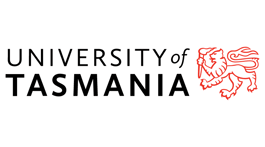
- Improving the effectiveness of wombat mange treatment
- DNA Demography for Evidence-based Seabird Recovery
Murdoch University
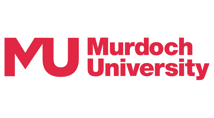
- Investigating the Health and Disease of Platypuses in NSW
The University of Western Australia
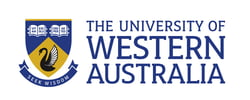
- Protected released Western ringtail possums from fox predation
To discuss WIRES Research please contact the WIRES Projects & Grants Team at grants@wires.org.u
